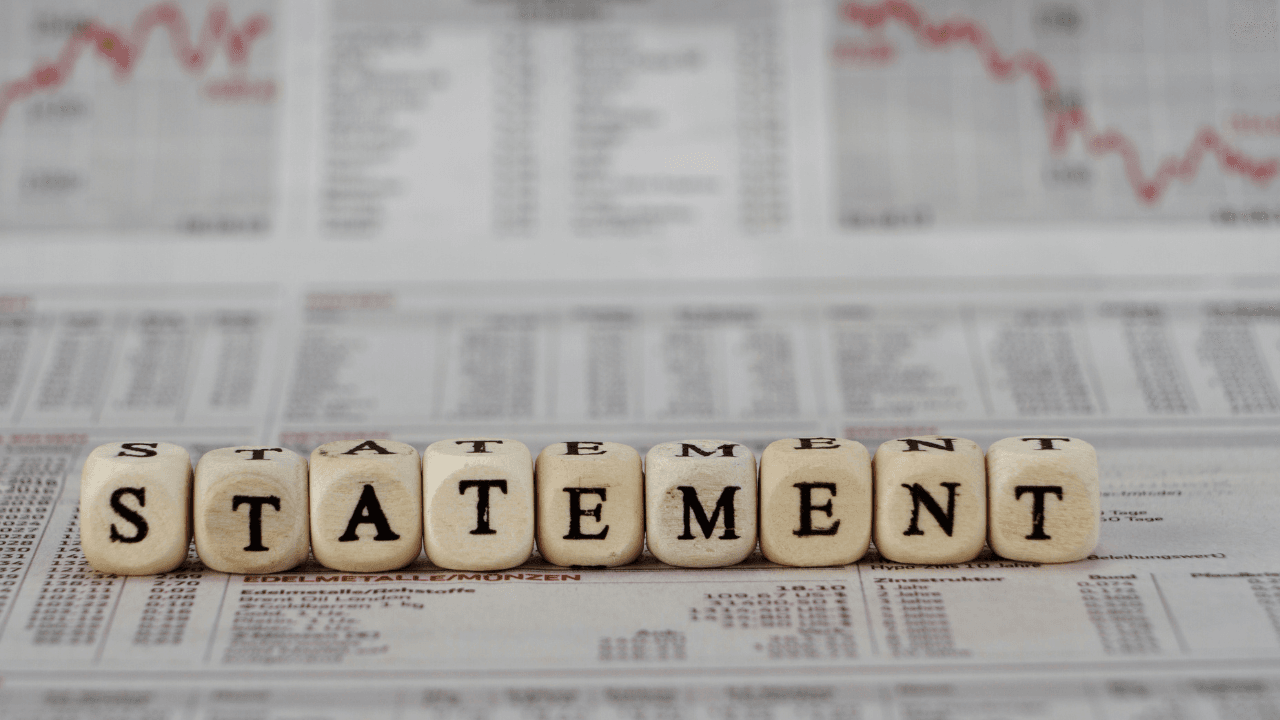
Make sure you download ALL my resources for FREE at this link: https://realestateempire.co/
Have you heard the term Pro Forma and wondered what that means?
Put simply, a Pro Forma is a financial statement that helps you predict what might happen when you invest your money into an asset.
For example, if you bought a piece of rental property – or anything that makes money – a Pro Forma might help you know how much money it was going to make.
Unfortunately, there’s no way to make these predictions with certainty.
With any investment, there’s going to be unpredictability.
However, there is a way to compile date and information into a financial statement that predicts performance over the next few months or years as well as possible, and that’s called a Pro Forma.
A Pro Forma statement is not a crystal ball, but it is a useful tool for bankers, business owners, and potential investors like you to use when making financial decisions like whether or not to make an investment.

The Pro Forma for an apartment building investment looks at variables such as property renovations, vacancies, and rent, as well as how the building stacks up against the market standard.
Of course, you must use your discernment when looking over any Pro Forma statement. Most are a well-educated guess, and it’s important the person or entity preparing the statement considers all possible scenarios and contributing factors when coming up with the numbers.
When analyzing deals, any financials provided by the seller should be weighed against you own version of the truth. There are actual financials and then there are projections. Often, a seller's numbers will be high on the income and low on the expenses.
That’s why we do side by side comparisons with the Syndicated Deal Analyzer, to give us more insight into what we can pay for a deal.
To sum up, in multifamily real estate investing, a Pro Forma is a financial projection or estimate of expected income and expenses for a property, typically prepared before the purchase of the property or before making significant changes to it.
It includes information such as expected rental income, operating expenses, and potential return on investment, and is used to evaluate the potential profitability of the investment.
I hope this is another helpful term to add to your passive investing toolbox!